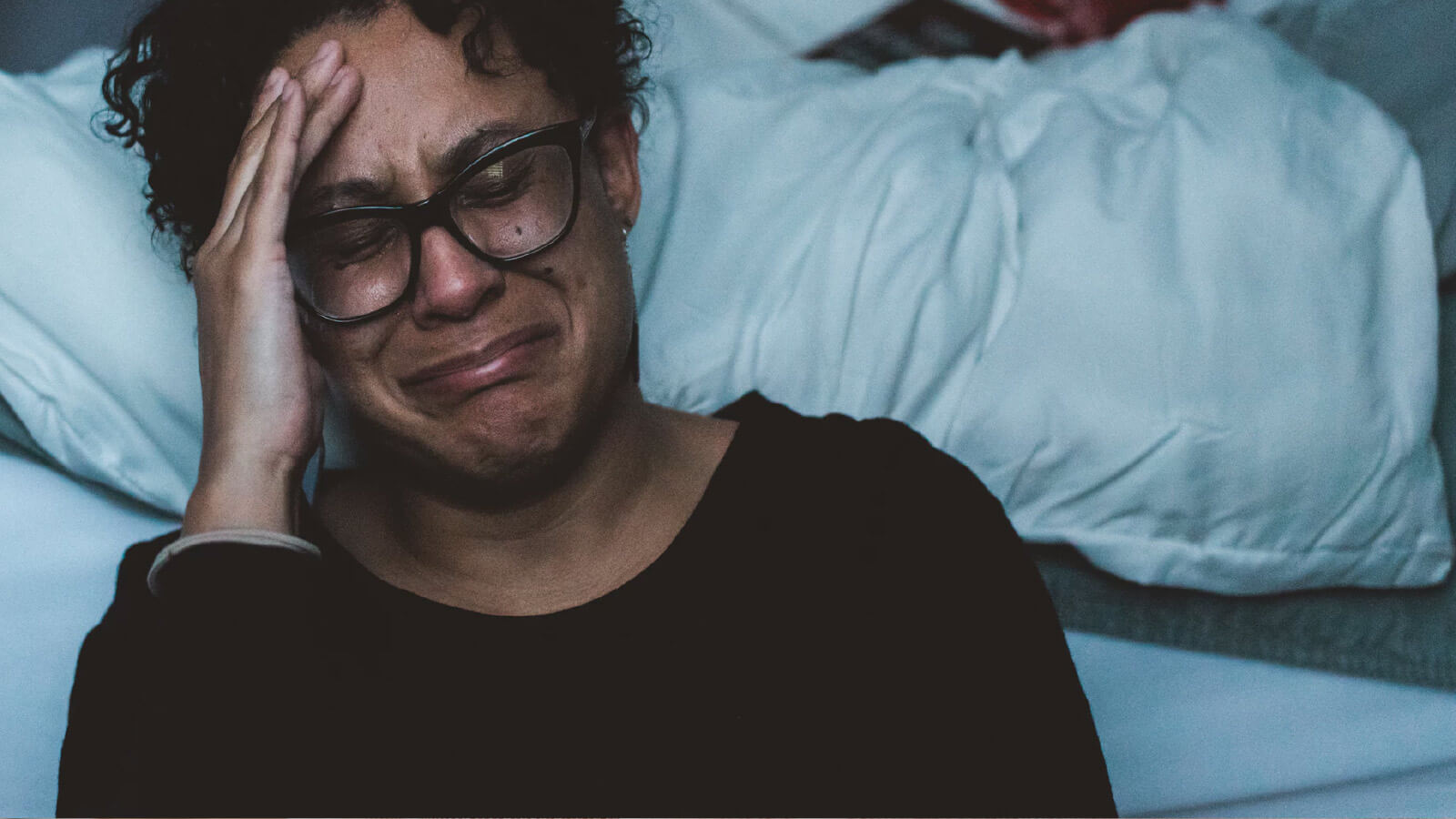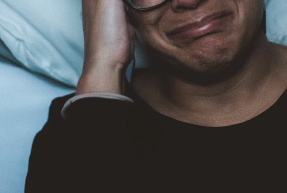Martina was a healthy and active 62 year old – she loved her weekly zumba class, enjoyed taking walks with her husband, and often took her grandkids to the park. So it was a great shock, both to her and her family, when she suffered a massive and unexpected stroke.
Initially the effects of the stroke were severe. Martina was unable to use the left side of her body. She couldn’t walk, couldn’t drive, she couldn’t even go to the toilet without assistance – her damaged body left her stricken with fear and her reliance on her husband and children made her feel embarrassed and awkward.
Fortunately, feeling returned to the left side of her body fairly quickly, and after about 2 weeks of intense physiotherapy, she was able to take back some basic remnants of her independence and privacy. But the initial experience had shattered her emotionally – she had never seen herself as weak, or old, and she couldn’t comprehend or adjust to this new vision of herself.
In addition, she continued to experience a degree of ongoing dizziness that made it difficult for her to undertake many of the activities she had enjoyed prior to her stroke. So in addition to feeling angry and somewhat ashamed about her predicament, Martina also felt bored, lonely and sad because she could no longer do so many of the things she loved doing. Martina was also scared – scared of how she would cope, scared of missing out, scared of having a stroke again.
Martina cried a great deal after her return from hospital, and ate very little. Then one day she just stopped getting out of bed – she didn’t feel she had much reason to get out of bed, and she was worried she might fall over from the dizziness. Luckily, Martina’s husband had been warned by a social worker at the hospital that depression was a common response to stroke, and was quick to access counselling assistance for Martina with a professional therapist.
Martina attended counselling weekly for about 4 months. During this time, her counsellor helped her to overcome her grief, re-address her expectations and help her to devise practical ways to start living her life fully again.

































